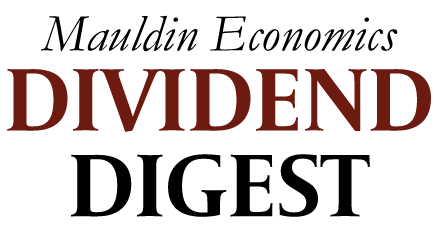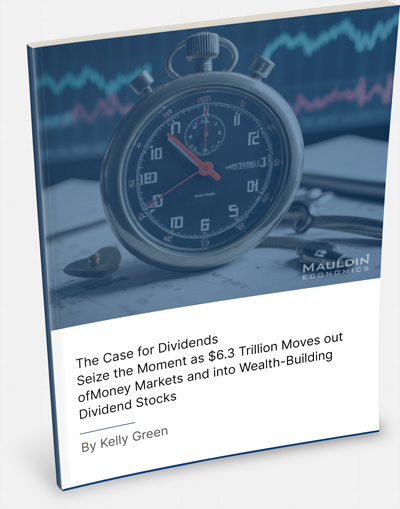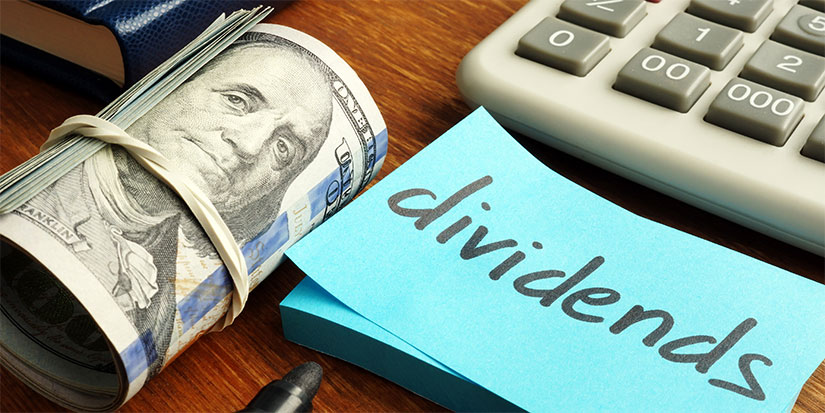
Lessons Learned from Collecting 34% in One Dividend Payment
-
 Kelly Green
Kelly Green
- |
- April 26, 2023
- |
- Comments
Back in December, an analyst friend sent me this message:
I know you’re a yield chaser and thought about you when I stumbled onto this piece of gold. Have you ever looked into ZIM Integrated Shipping Services (ZIM)?
I overlooked the accusation of being labeled a yield chaser. It’s an occupational hazard when you go around preaching about dividends with the zeal that I do. I knew my colleague was simply poking fun.
So, I looked. And right there on the screen, it read “trailing 12-month dividend yield: 148.3%.”
Red flag, but I continued down the page. The more I read, the more I was convinced the company behind the dividend was undervalued… and that another ridiculously high dividend could be right on the horizon.
Now, it’s worth mentioning that we have some companies in the Yield Shark portfolio that pay in the double digits. These are unique situations, although a lot of the time, chasing yield is not sustainable for the long term.
Ultimately, my readers and I pursued ZIM. In the end, we locked in 34% in just 106 days, making it the biggest dividend I’ve ever recommended.
We learned some important lessons from this speculative investment. And if we want to chase another large dividend payment in the future, there are a few things we must consider.
Context Matters
If you’re not familiar with ZIM, it’s a global container shipping company. It has been around since 1945 and currently has operations in over 350 ports worldwide.
Its 148% astronomical yield was calculated using the four payouts in 2022.
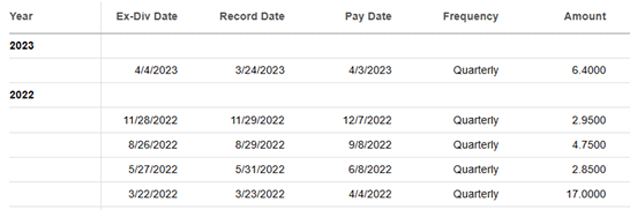
Source: Seeking Alpha
Yes, that’s a payout last April of $17. To put that in perspective, the company is trading at just under $18 right now.
Astronomical dividend yields are frequently a result of one-time special dividends. But that’s not the case here. ZIM aims to pay out 30%–50% of annual net income to shareholders. The fourth-quarter payment (paid in the first quarter of the following year) can include any catch-up amount for the year. Meaning, by design, it will be higher than the other payouts.
For ZIM, 2021 was its first year as a public company. It was a year driven by historically high freight rates. The company paid out slightly more that year, closer to 60% of annual net income.
All this information was important when I was looking into the company back in December. Buying shares then would mean that we’d be eligible for the March 2023 payout, the big one for the year.
Still, this was truly a speculative play. Shipping rates had been losing steam. But I figured we’d give it a shot for the chance to lock in double-digit gains in a single payment.
Funky Rules That High-Yield Chasers Need to Know
When the company announced its dividend of just $6.40 for the end of the year, I knew it would be the only payment we’d collect. I had expected to see a number closer to $10, and it was clear that the drop in shipping rates was making its impact. I won’t be surprised to see the dividends continue to shrink throughout the year.
Like what you're reading?
Get this free newsletter in your inbox every Wednesday! Read our privacy policy here.
When a company declares a dividend, it informs investors of the amount, payment date, and record date. To be considered eligible, investors have to buy shares two days prior to the record date. This makes the day prior to the record date the ex-dividend date, or the first day that the shares trade without the dividend.
-
This is only true if the dividend is less than 25% of the share price on the date of declaration.
At a current yield of 28.6% on declaration date, a whole different set of rules was triggered. The ex-dividend would now be deferred until one business day after the dividends are paid. Essentially, this makes the record date useless information for us and causes a due bill process for the brokerage firms.
The rule is designed to minimize the potential disruptions caused by larger or special dividends. I would argue that it just delayed the drop and confused some investors in the process. We still saw a drop in share price after the pay date and new ex-dividend date.
Speculation Can Be Fun—but Be Informed
In the end, our timing wasn’t as good as I had hoped. The pop I expected after the ex-dividend slide took longer than I expected, and we sold when shares looked like they would freefall.
Still, 34% in just over 100 days is nothing to scoff at. But it’s important to recognize what you’re getting into and allocate your money accordingly.
I will still put a few dollars in the slot machines at the casino every now and then. I’m still going to buy a handful of squares in the Super Bowl pool next year. And I’m sure this won’t be the last time I bet on a speculative dividend stock.
But before you invest in one, you should…
-
Know whether a large dividend is a special dividend or part of the policy. While neither is guaranteed, larger payments built into the dividend strategy are more likely to happen.
-
Check if the payment is larger than 25% of the share price. And know that you’ll have to hold longer to collect the dividend.
-
Consider different exit strategies. We actually would have locked in a slightly higher yield had we sold before the shares went ex-dividend. We wouldn’t have collected the dividend, but shares had ramped up and priced them in.
In my premium newsletter, Yield Shark, our main focus is holding shares to collect dividends for years—and in some cases, decades—to come. That said, when unique opportunities come along, like ZIM, I will pass them along.
If you want to get all my Yield Shark recommendations and commentary on our positions, you can try it risk-free with a 90-day money-back guarantee.
For more income now and in the future,
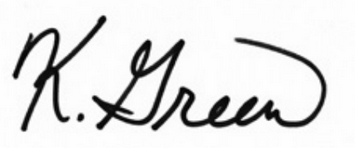
Like what you're reading?
Get this free newsletter in your inbox every Wednesday! Read our privacy policy here.
P.S. We’re now officially down to less than one week from the start of the 19th annual Strategic Investment Conference (SIC). The timing couldn’t be better for the SIC this year. From banking worries to geopolitical tensions to looming recession fears to a potential Fed pivot on the horizon, we could all benefit from some added guidance and direction as we look forward to the next six to 12 months and beyond. Get your tickets here before the SIC kicks off on May 1!

 Kelly Green
Kelly Green